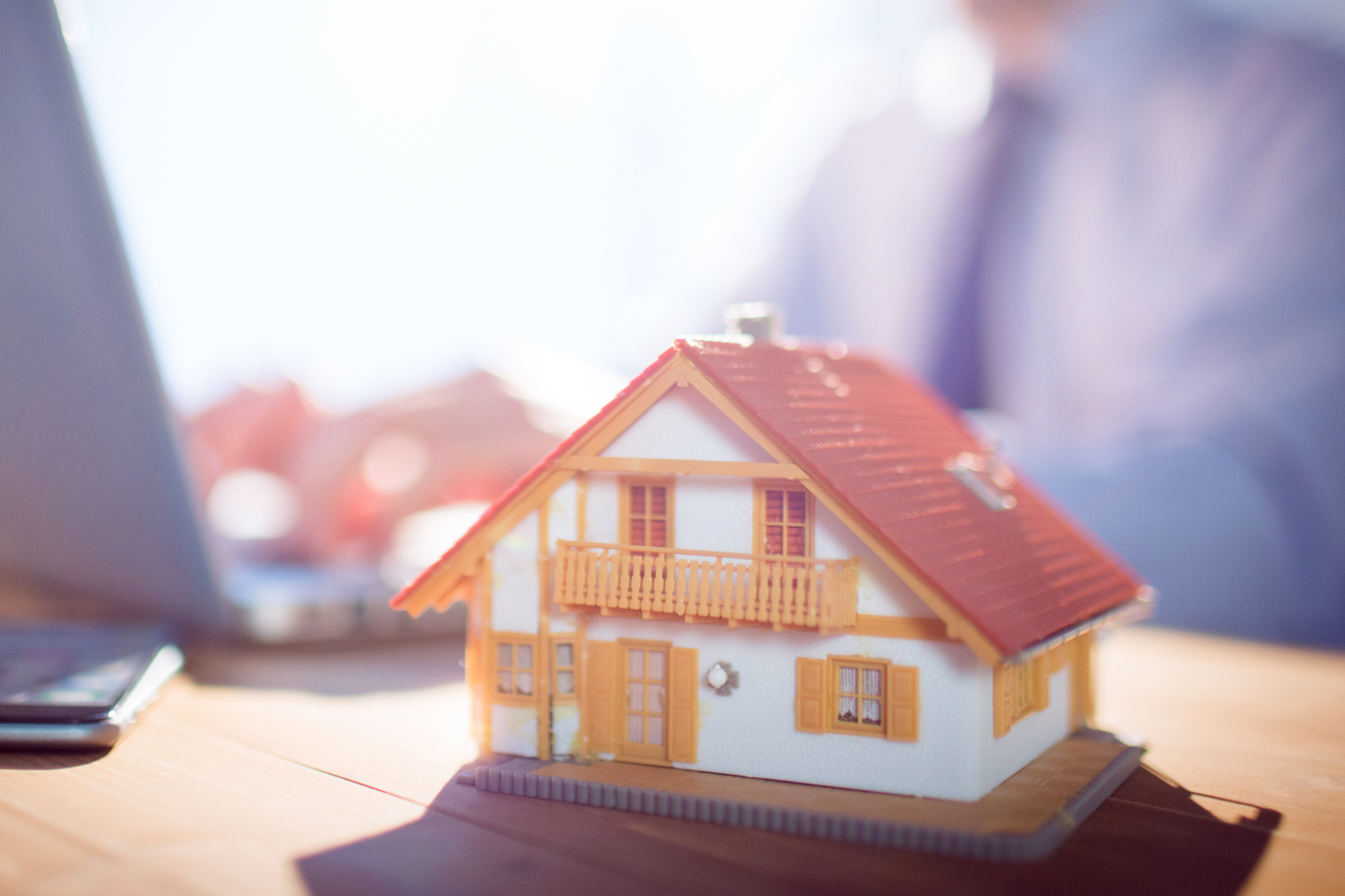O
pinions expressed by Entrepreneur contributors are their own. You're reading Entrepreneur Middle East, an international franchise of Entrepreneur Media.
As a young entrepreneur launching Fakhruddin Properties in 2003, I approached real estate with a commercial lens. But when someone close to me battled chronic respiratory issues, I realized that indoor environments can significantly impact our long-term health. This experience sparked a business philosophy: could we create a commercially viable model that prioritizes wellness and sustainability?
In the GCC, indoor air quality is a growing concern due to sealed buildings and 24/7 air-conditioning. Rather than offering cosmetic solutions, we committed to engineering change from within. Our Chief Sustainability Officer, Dr. Samiullah Khan, helped us study how air, light, sound, temperature, and humidity impact wellness.
We developed advanced smart air purification systems that filter out allergens and VOCs, now standard in all our homes. The result is healthier residents, fewer complaints, and a differentiated product that sets us apart in the market.
Sustainability extends beyond energy efficiency; we asked if a building could produce something of value, not just consume. This led to hydroponic farming, where we recycle chilled water from our radiant cooling system to nourish on-site produce in vertical farms. Our in-house café concept uses and sells these vegetables, creating a closed-loop ecosystem and new revenue stream.
Our first test case was the Food Sharing program at Trafalgar Central, which allowed residents to share excess food and sparked engagement. The pilot's success encouraged us to expand it across all new developments. Investors are now willing to pay a premium for green features, with 70% of investors willing to do so according to a 2024 Property Finder study.
We also launched the 90:90 Waste Management Initiative at Trafalgar Central, aiming to divert 90% of waste from landfills. This fully integrated system is funded by Fakhruddin Properties and has no added operational cost for residents or owners.
By aligning ourselves with UAE's Net Zero 2050 and Dubai Municipality's landfill eradication plan, we've unlocked long-term commercial advantages. Buyers trust future-ready developments, governments support compliant operators, and the industry begins to shift when proof of concept meets proof of profit.
Sustainable business ideas often begin with frustration or compassion, not fanfare. Solving real problems deeply, sustainably, and systemically is good ethics and economics. Here are 5 ways to turn a problem into a business advantage:
Start with a real pain point.
Understand the system, not just the symptom.
Design for scale, not just novelty.
Partner with public entities.
Use data as proof.
The future of entrepreneurship isn't invention alone—it's intention. Solving problems sustainably might be the smartest business decision we make.












